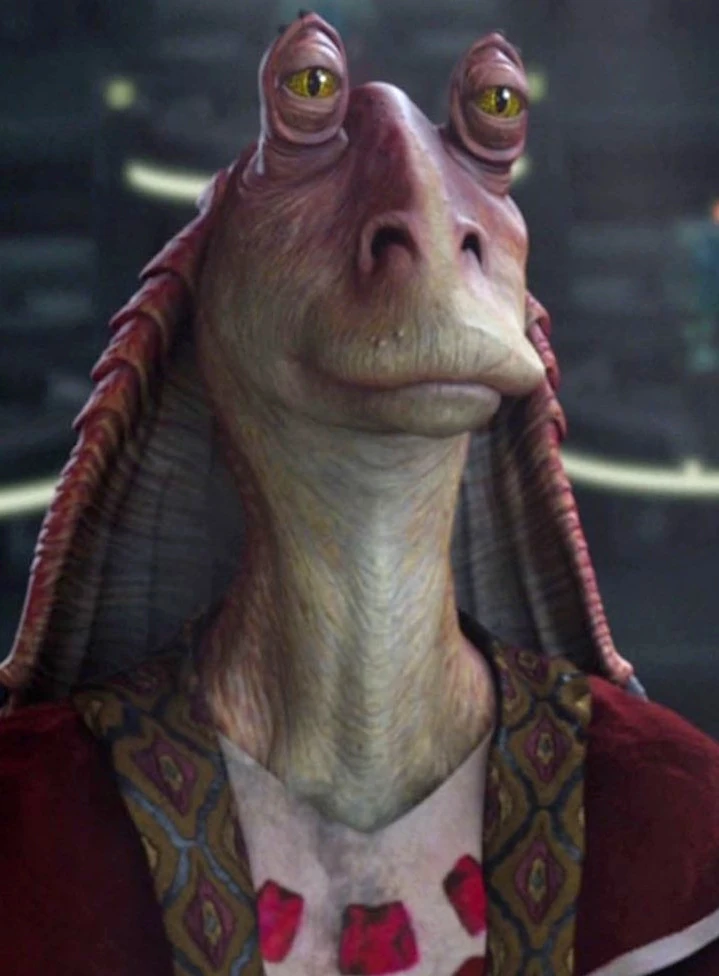In turn, Universal, the studio behind the franchise, came close to releasing sequels directly to DVD.
"The talk internally was that the franchise was played out," Jeffrey Kirschenbaum, former Universal Pictures co-president of production,
told TheWrap. "At that point we were weighing whether to go straight to video or not for future sequels. We weren't sure what we were going to do."
What saved the franchise from direct-to-DVD purgatory?
Universal convinced Diesel to come back for a small, surprise cameo in "Tokyo Drift." (In return for an appearance,
Diesel wasn't paid. He was given the rights to his "Riddikk" franchise.) After seeing a huge response from audiences with Diesel in the picture, the studio handed a large amount of creative control over to the actor.
Audiences knew Diesel was the heart of the "Fast" franchise.
Universal
Diesel is not just a producer; he considers himself to be the "
saga visionary," as he does everything from structuring story to selecting songs for the soundtrack. Diesel has become the face of the series, and Universal knew that based off the
huge amount of excitement over his
surprise cameo in "Tokyo Drift."
With Diesel back on board, Universal returned the franchise to its roots, focusing more on
heists than underground street racing. Making the friendship between Diesel and Paul Walker the
focus of the fourth film helped, given that the absence of one or the other in the second and third films didn't benefit the franchise.
Another big factor in the franchise's comeback was its budding global appeal.
Universal strung together a multi-ethnic cast to better reflect its diverse audience, from half-Samoan Dwayne "The Rock" Johnson to Israeli actress Gal Gadot. The series welcomed back Tyrese, Ludacris, and Sung Kang, who played Han in "Tokyo Drift." Diesel even
fought to bring back Michelle Rodriguez who appeared in the first film.
.





:format(jpeg):mode_rgb():quality(40)/discogs-images/A-78349-1501425472-1817.jpeg.jpg)


 He know better than to do that slick shyt. The Rock is the biggest actor in the world today..he's going DC soon and if that pops? It's GAME OVER for Hollywood. Not to mention if just ONE of his projects get big on any level...he probably becomes a billionaire over night.
He know better than to do that slick shyt. The Rock is the biggest actor in the world today..he's going DC soon and if that pops? It's GAME OVER for Hollywood. Not to mention if just ONE of his projects get big on any level...he probably becomes a billionaire over night.